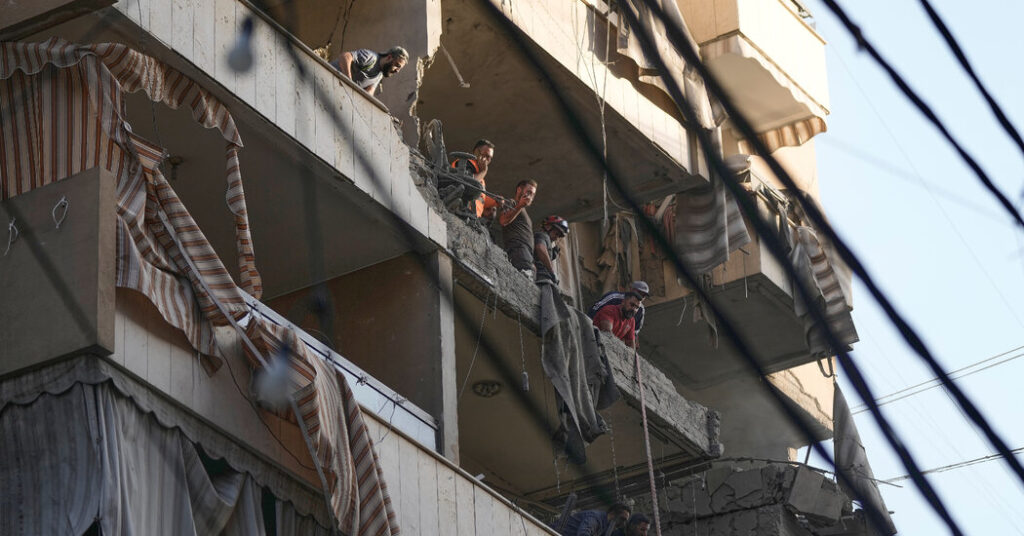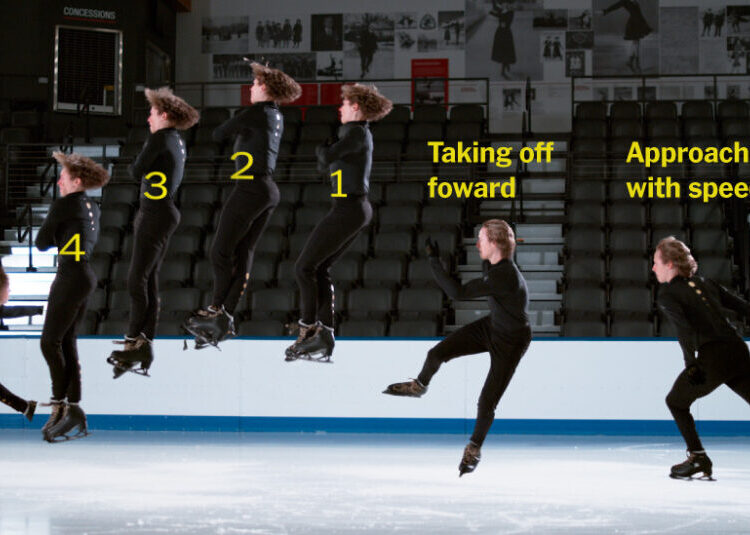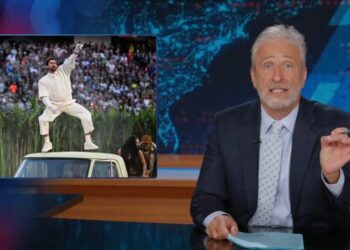The Israeli military said it assassinated a top Hezbollah commander in an airstrike near the Lebanese capital of Beirut on Sunday, further escalating its attacks on the Iran-backed militant group despite a year-old cease-fire brokered by the United States.
Israel identified the man as Haytham Ali Tabatabai, describing him as the Lebanese armed group’s chief of staff.
Hezbollah did not immediately comment on Mr. Tabatabai’s fate.
Lebanon’s state-run news agency said the strike targeted an apartment in Dahiya, a densely populated cluster of neighborhoods on the outskirts of Beirut, where Hezbollah has long held sway. At least five people were killed in the airstrike and more than 25 were injured, according to the Lebanese health ministry.
Israel has sharply accelerated its strikes across Lebanon in recent weeks, accusing Hezbollah of exploiting the truce to rearm. Hezbollah says it has withdrawn from southern Lebanon, in line with the cease-fire deal. But the attack on Sunday — the assassination of a senior Hezbollah leader near the Lebanese capital — was a new escalation.
Mahmoud Katami, the deputy head of Hezbollah’s political council, said in a statement that the Israeli attack “breaches a new red line,” but he did not immediately vow retaliation. He said the Israeli attack was proof that “agreements are useless with the enemy.”
“We are coordinating with the Lebanese state to put an end to this Israeli violation,” Mr. Katami added, in the statement distributed by Hezbollah’s media office.
Joseph Aoun, Lebanon’s president, condemned the Israeli strike targeting Mr. Tababatai, writing on social media that Israel was rejecting “all the efforts and initiatives put forward to end to the escalation.”
Mr. Tabatabai had previously commanded Hezbollah’s special forces in operations across the region, including in Syria and Yemen, according to the U.S. State Department, which had offered a reward of up to $5 million for information on him.
After Hamas attacked Israel on Oct. 7, 2023, igniting the war in Gaza, Hezbollah began firing rockets and drones at Israeli cities and military bases in solidarity with its Palestinian allies. Both groups are backed by Iran, Israel’s regional archnemesis.
The fighting with Hezbollah lasted for more than a year, with Israeli attacks killing more than 4,000 people in Lebanon and forcing more than one million from their homes. Hezbollah bombardments displaced tens of thousands of Israelis, turning some of the country’s northern communities into ghost towns.
Israel killed many of Hezbollah’s top leaders, including its longtime head Hassan Nasrallah. And while Hezbollah had vowed to keep fighting as long as Israel’s war in Gaza continued, the badly weakened group eventually agreed to a cease-fire in November 2024.
The year since then, however, has been far from quiet.
Israeli soldiers are still deployed in parts of southern Lebanon. Israeli forces have bombarded sites across Lebanon almost daily, saying it was trying to prevent Hezbollah from rearming.
U.S. and Israeli officials had hoped Mr. Aoun, who assumed the Lebanese presidency earlier this year, would crack down on Hezbollah, and the country’s new government has pledged to disarm all armed groups by the end of 2025.
But so far, Hezbollah has resisted calls to lay down its weapons, and Lebanon’s new government is hesitant to disarm the group by force, fearing it could ignite internal conflict in a country deeply divided along sectarian lines. This has led U.S. officials to express growing frustration with the pace of disarmament.
Euan Ward and Dayana Iwaza contributed reporting.
Aaron Boxerman is a Times reporter covering Israel and Gaza. He is based in Jerusalem.
The post Israel Says It Assassinated a Top Hezbollah Commander Near Beirut appeared first on New York Times.




